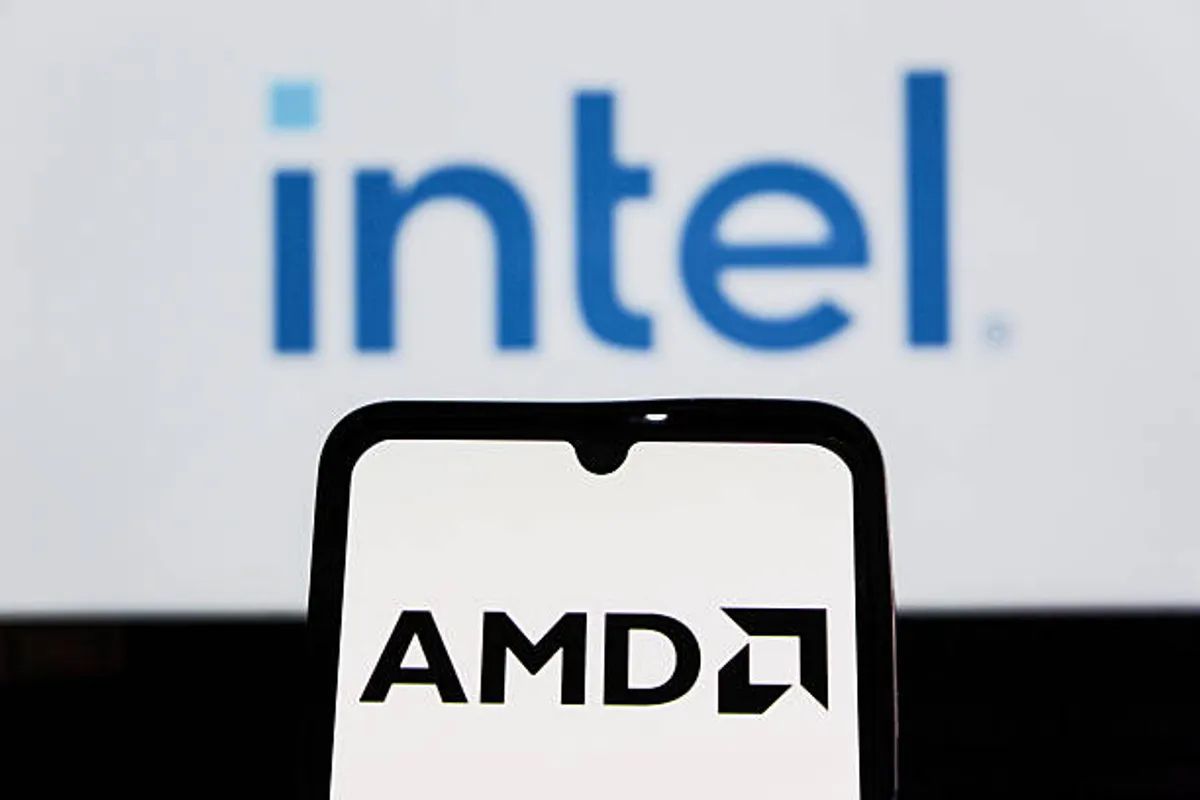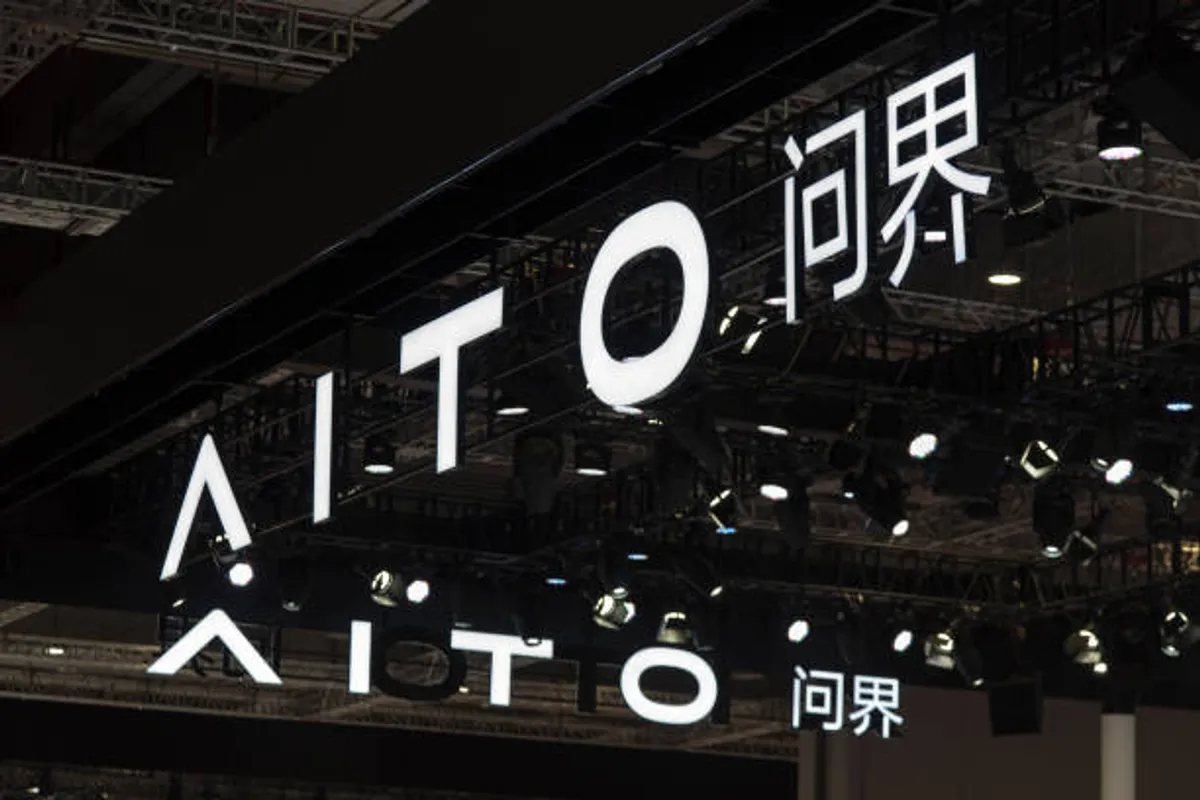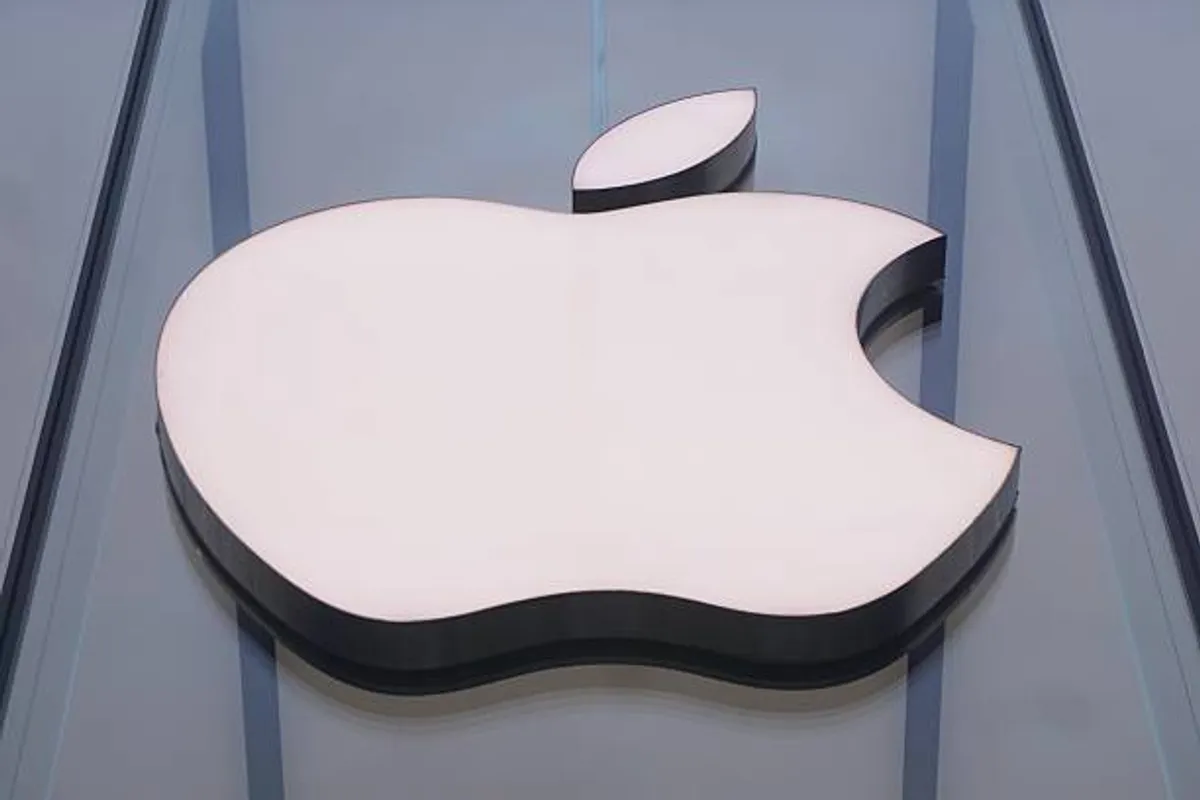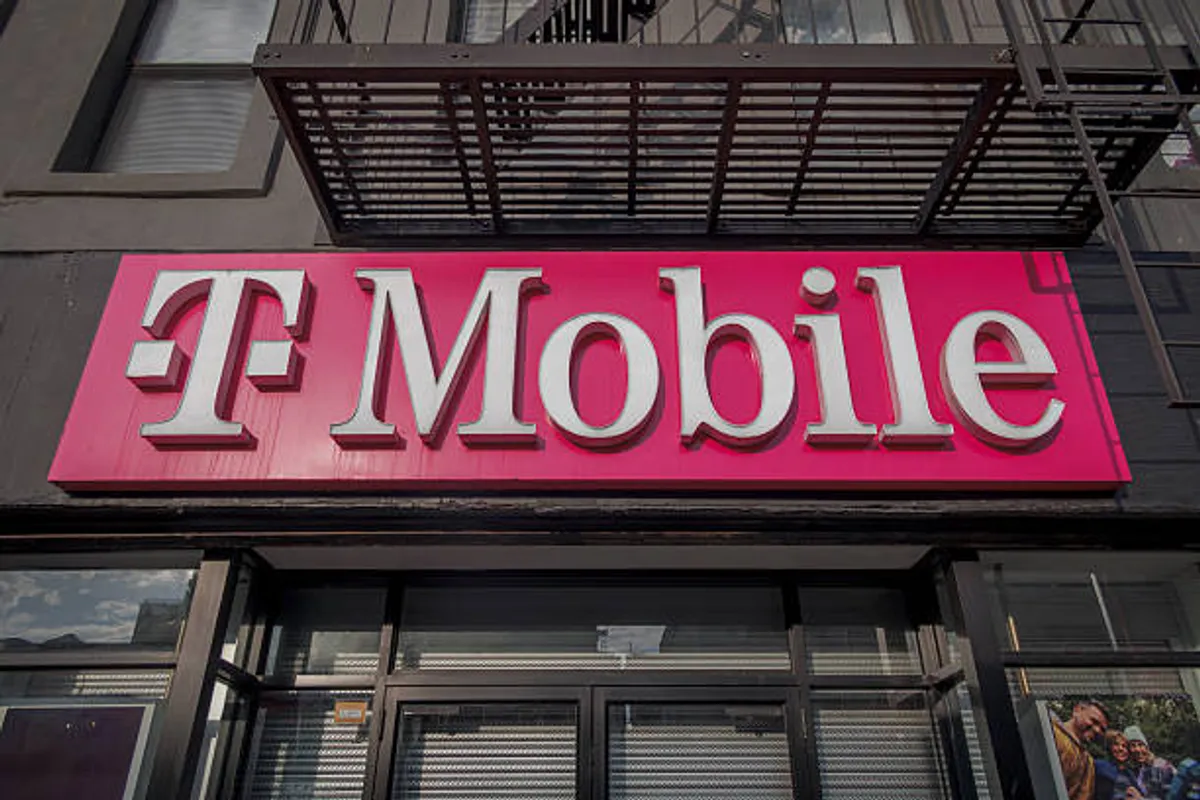Nexperia Says It Can’t Confirm If or When China Unit Will Resume Chip Shipments

GeokHub
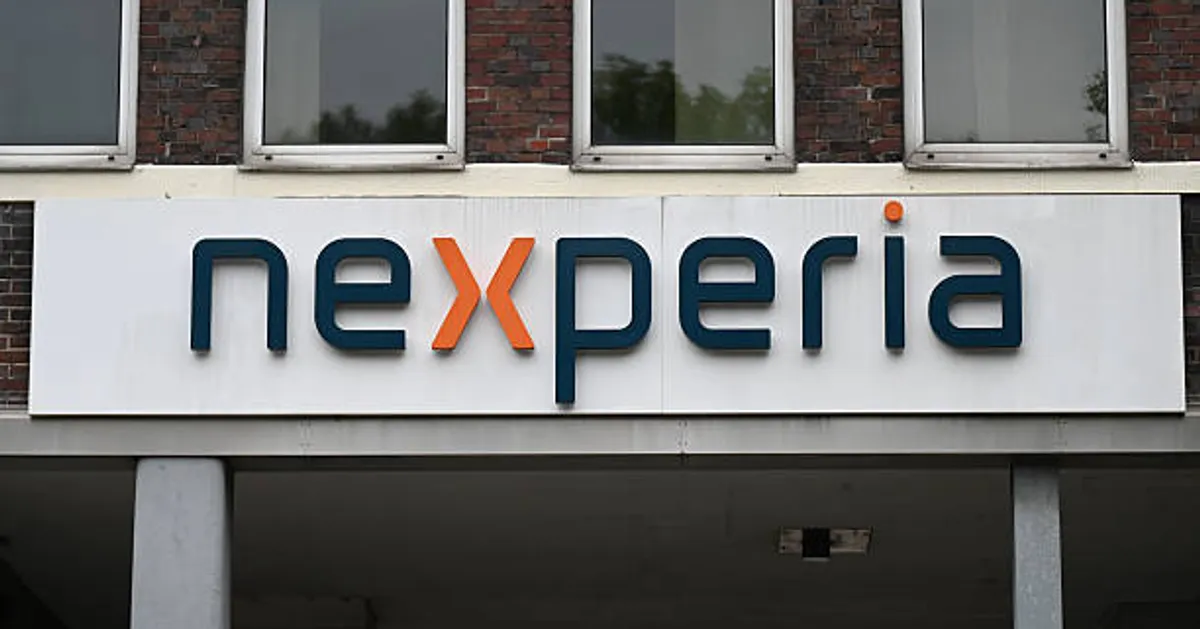
Nexperia has informed its customers that it is currently unable to guarantee when chip shipments will restart from its Dongguan, China facility — or even vouch for their quality. In a letter dated November 3, the company cited ongoing trade tensions and the recent seizure of its Dutch operations by the Netherlands government as key reasons behind the breakdown in oversight.
The letter also acts as a formal force majeure notice — meaning Nexperia is seeking legal relief from contractual obligations because the disruptions are beyond its control. It reiterates an earlier force majeure declaration from October.
Nexperia warned that chips produced at its Dongguan site from calendar week 42 onward (starting October 13) may not meet quality or authenticity standards, as the company currently lacks direct oversight or control over that location’s operations.
Analysis / Implications:
This announcement underscores how geopolitical tensions can ripple into global supply chains. For Nexperia, the loss of control over its China plant complicates its ability to fulfill orders and retain trust with clients, especially automakers and tech manufacturers who depend on reliable chip deliveries.
The force majeure move shifts pressure onto customers and partners, many of whom may now be scrambling for alternate suppliers or seeking exemptions from contractual penalties. It also exposes how vulnerable semiconductor production is when ownership, jurisdiction, and regulatory oversight are in dispute.
For the wider industry — especially in automotive — this disruption comes at a tough moment. Many manufacturers are still recovering from prior chip shortages. Any further breakdowns in supply can lead to costly delays, inventory mismatches, or production halts.
At the political level, the incident highlights the clash between national security priorities and technological globalization. The Dutch government’s actions — taken over fears of intellectual property transfer and foreign control — directly triggered this supply shock. Resolving it will likely require intense negotiations, regulatory concessions, and a clearer framework for cross-border tech oversight.
Unless there’s a rapid de-escalation and restoration of operational control, Nexperia’s China unit may remain in limbo — and the ripple effects could continue to unsettle global electronics and auto sectors.

